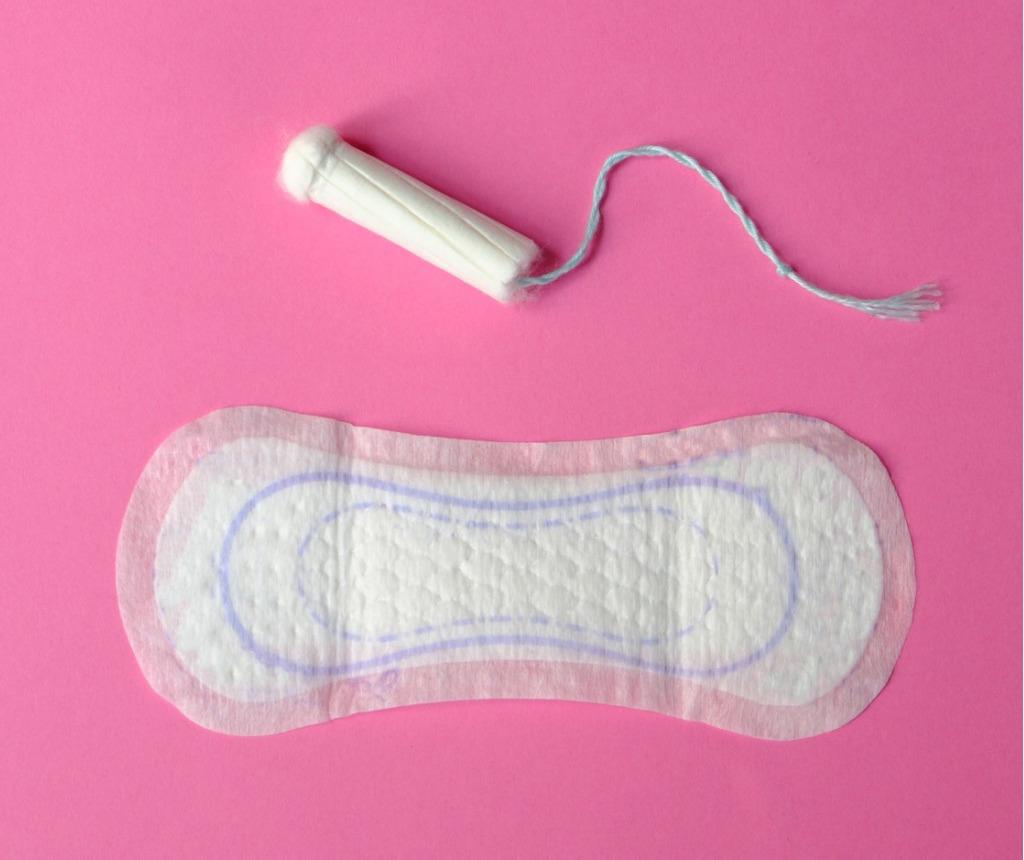Schoolgirls should get period products for free, campaigners tell government
‘Girls are going to school with wads of toilet paper stuffed into socks, with old torn up clothes and not changing their pads or tampons as often as they should, which is dangerous,’ says campaigner

Campaigners have urged the government to provide free period products for all school children – arguing they are legally obliged to do so.
Period poverty is a prevalent problem in the UK – with 49 per cent of girls having missed a day of school due to periods and one in 10 women aged 14 to 21 not able to afford period products.
A new legal campaign, which is the first of its kind, has been launched in England which aims to ensure the government provides funding for the free provision of menstrual products in all schools and sixth form colleges for every child who needs them.
Campaigners have been working with law firm Hausfeld & Co to build a “robust legal case” for the campaign.
Amika George, a 19-year-old student who founded the Free Periods campaign, said period poverty was holding children back from their education and the campaign was calling for designated funding to ensure sanitary products are provided in schools in the same way that soap and toilet paper are.
“The government has a legal duty to ensure all children have equal access to education – this comes under the Equality Act.”
She said her campaign initially went down the social media route when it was launched in spring 2017 but that this was now failing to get the government’s attention.
The activist, who has launched a crowdfunding appeal to cover lawyers’ fees, said she thought a legal campaign was now the best way to persuade the government to “comply with their existing legal obligations”. She noted the government has failed to pledge any statutory measures to eradicate period poverty.
“Girls are going to school with wads of toilet paper stuffed into socks, with old torn up clothes and not changing their pads or tampons as often as they should, which is dangerous to their health,” she said.
She said girls have told her they sit in class unable to concentrate because they don’t know if they have leaked and they have to make a pad last for as long as possible. Many have told her they can’t ask their parents for money for menstrual products because they know there is a struggle to provide food for the family.
One girl even told her that she used to search the house for coins in the hope she would have enough to buy some cheap pads because she was never given money by her dad.
Ms George said she had heard from school nurses that there is a growing reliance on them to hand out menstrual products and from teachers who carry pads around in their bags to give to girls who need them.
“These are the girls who actually go to school. However, we know there are girls who are missing school because staying at home is preferable to the risk of not being adequately protected and leaking on their uniform,” she said.
“The government must comply with its legal obligation to ensure that all children are in school, and if period poverty is a reason for absenteeism, then we need measures in place to make sure these children are attending school.”
She argued that girls are missing imperative sections of the curriculum and falling behind their male counterparts.
“I once Sellotaped tissue to my underwear. I didn’t know what else to do,” a female student, who chose to stay anonymous, said.
Sanitary products in the UK are classed as a “luxury, non-essential item” and taxed at 5 per cent – with the average lifetime cost of sanitary products estimated at £4,800.
Last year, research found women who have experienced period poverty are more likely to suffer from anxiety or depression, struggle to pay their bills and have an unfulfilling love life.
Subscribe to Independent Premium to bookmark this article
Want to bookmark your favourite articles and stories to read or reference later? Start your Independent Premium subscription today.

Join our commenting forum
Join thought-provoking conversations, follow other Independent readers and see their replies